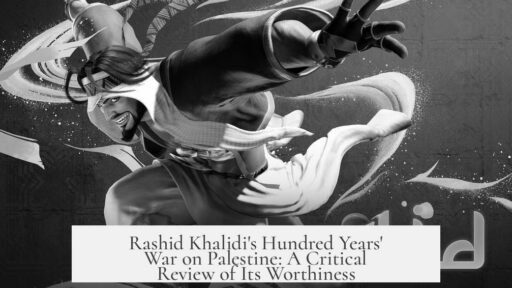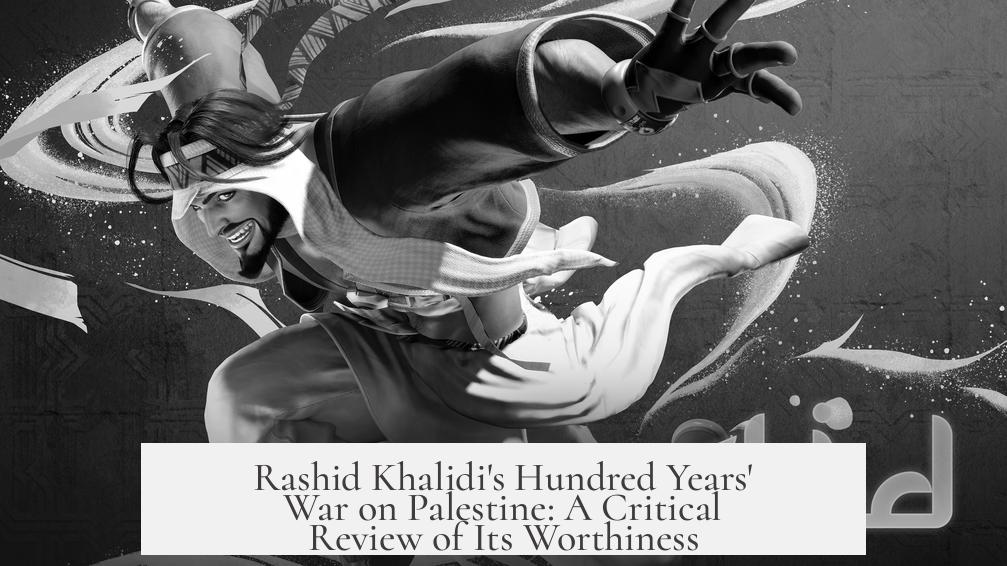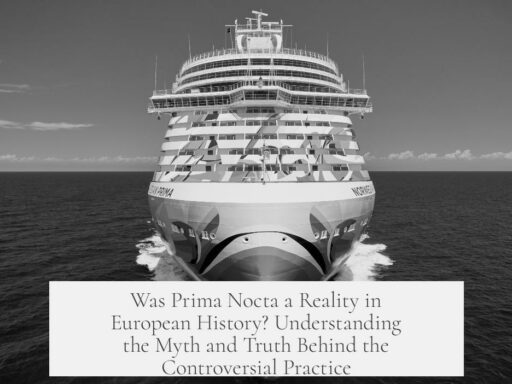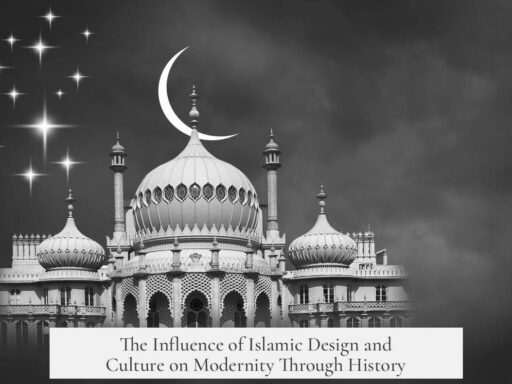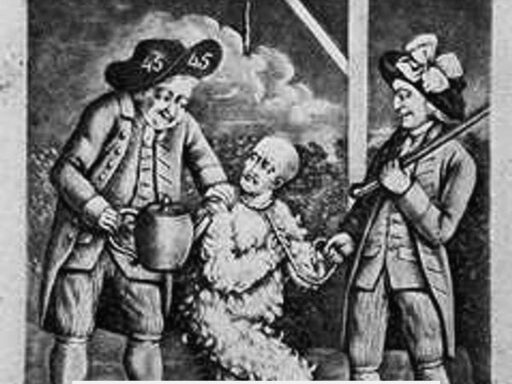Rashid Khalidi’s Hundred Years’ War on Palestine is worth reading, particularly for its personal insights and recent historical analysis, though it has notable limitations as a purely historical account. The book intertwines Khalidi’s family history with a broader Palestinian narrative, making it accessible and engaging. It stands out in providing detailed perspectives on peace negotiations and contemporary developments, while its political lens and condensed treatment of history may limit its appeal to readers seeking a balanced or comprehensive introduction.
The book richly details Khalidi’s personal and family story, which some readers find the most compelling sections. This narrative includes fresh historiographical insights about his forebears Ismael and Hussein Khalidi, along with candid reflections on his own disillusionment during stints in Lebanon, Madrid, and Washington. The mixture of personal memoir with historical narrative offers breaks from conventional historiography, easing the reading experience.
Among its strengths is the detailed examination of peace negotiations from a Palestinian viewpoint. Khalidi explains why past agreements failed to satisfy Palestinian aspirations. While many Palestinian authors touch on this subject, Khalidi clarifies the underlying reasons more thoroughly. This analysis offers readers a deeper understanding of Palestinian political frustrations during decades of diplomacy.
The book also benefits from its recent publication date. It covers major developments up to the late 2010s, including the Trump Administration’s policies and the growing influence of Iran in regional geopolitics. This contemporary focus sets it apart from many other works which end their analysis earlier.
Despite these positives, critics point to several limitations. The historical sections, especially covering the Mandatory Palestine period, seem hurried and often lack original analysis. These parts are considered dry and offer little new to readers already familiar with the conflict. The author appears eager to move past these sections toward the narratives and periods he prioritizes.
Khalidi’s strong political perspective influences much of the book. His longstanding ties with Palestinian political causes are evident, and the book does not shy away from expressing a political viewpoint. While this imparts a distinct voice, it may reduce the book’s perceived objectivity for some readers. The book leans more toward popularization than rigorous academic neutrality.
The book is not a comprehensive history or balanced introduction. It is relatively short, roughly 300 pages with about 250 pages of text, limiting its depth. Those seeking exhaustive historical background may find works like Benny Morris’ Righteous Victims or Mark Tessler’s A History of the Israeli-Palestinian Conflict more thorough. Khalidi’s book offers more politics and narrative than broad historical context. It is better suited as a complement rather than a starting point.
There are also accusations of factual inaccuracies. Some historians, including Benny Morris, have critiqued Khalidi’s factual record, listing errors and disputed claims. While sources vary on perspectives and potential biases, readers should be cautious about accepting Khalidi’s account as definitive history. Cross-referencing with other scholarly works enhances understanding and balances viewpoints.
For readers drawn to Khalidi’s narrative but seeking more balanced knowledge, it is advisable to pair this book with others. Including Israeli perspectives helps broaden the context. Recommended companions include:
- Righteous Victims by Benny Morris – a detailed historical account extending to earlier periods than Khalidi’s book.
- A History of the Israeli-Palestinian Conflict by Mark Tessler – a comprehensive and balanced introduction.
- The Iron Cage for a deeper Palestinian perspective with less political polemic.
This combination provides a more rounded view of the conflict’s complexity. It also counters the political leanings evident in Khalidi’s writing.
In summary, Hundred Years’ War on Palestine is recommended for readers interested in the personal dimensions of the Palestinian narrative, the detailed analysis of peace negotiations, and coverage of recent developments. Scholars or those seeking detailed historical accounts should consult additional sources to balance its political slant and to verify facts.
- The book excels in blending personal memoir with political history.
- It provides insightful Palestinian perspectives on peace processes.
- Contemporary regional events are well-covered.
- Historical sections are brief and sometimes lack depth or novelty.
- Strong political bias influences the narrative.
- Not suitable as a standalone, comprehensive history introduction.
- Cross-referencing with other histories is advisable for fuller understanding.
Is Rashid Khalidi’s *Hundred Years’ War on Palestine* mainly personal or historical?
The book blends personal family history with broader historical events. It offers insight into the Khalidi family and Rashid’s own experiences, making it partly autobiographical alongside the political history.
Does the book provide a balanced view of the Israeli-Palestinian conflict?
Khalidi’s work reflects his strong political views, which shape the narrative. It leans heavily toward the Palestinian perspective and is not fully balanced. Readers may want other sources for a broader understanding.
How well does the book cover the peace negotiations?
The sections on peace talks are enlightening. Khalidi explains why Palestinians found the agreements disappointing, emphasizing the reasons behind their failures from a Palestinian viewpoint.
Is the book suitable as an introduction to the Palestine-Israel conflict?
It is not the best starting point. The book is short and mixes politics with history, leaving out some detailed background. Other longer histories like Benny Morris’s work might be better for newcomers.
Are there any notable criticisms regarding the book’s accuracy?
Some historians point out factual inaccuracies and political bias. It’s suggested readers verify details and read other accounts to avoid relying on a single perspective.
What other books complement Khalidi’s *Hundred Years’ War on Palestine*?
For balance, readers can try *Righteous Victims* by Benny Morris and Mark Tessler’s *A History of the Israeli-Palestinian Conflict*. *The Iron Cage* offers more Palestinian history with less political focus.
